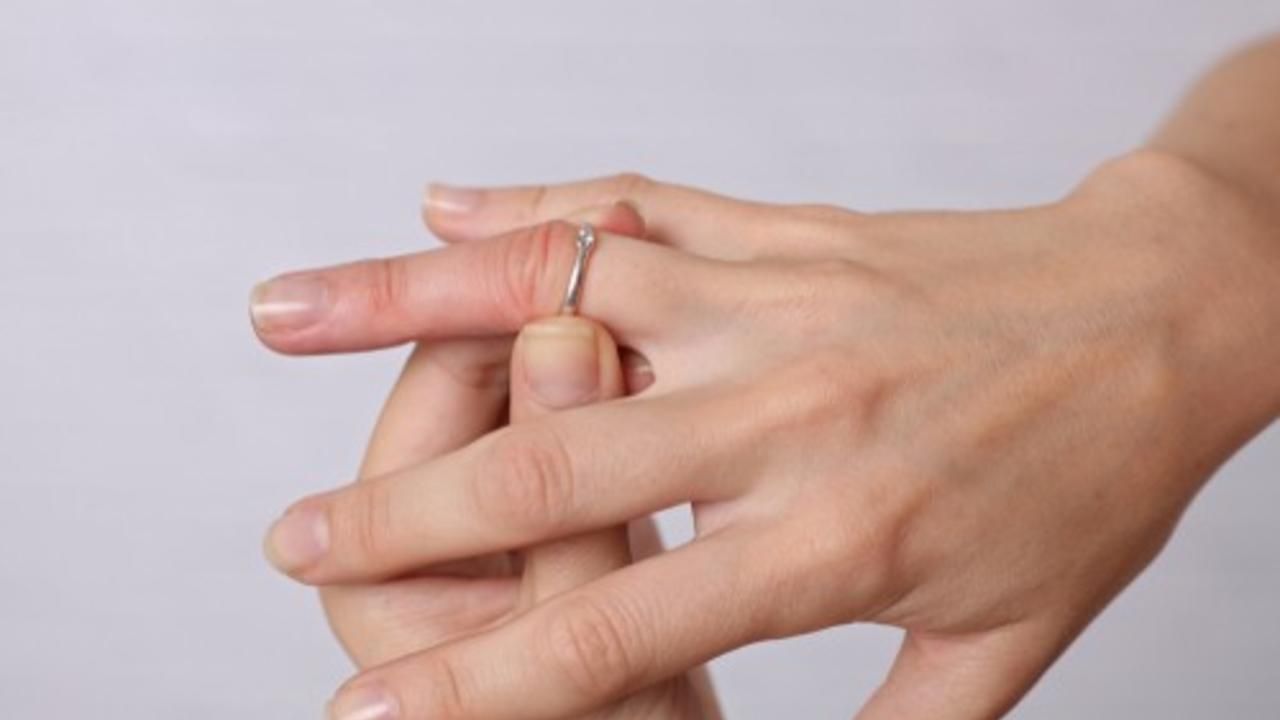Fluid Retention in Menopause

Are you struggling with puffy eyes, swollen hands, or swelling in the feet? You may even be noticing your rings are tight, visible sock marks, shoes don’t fit anymore or lines on your legs from your pants? These are all signs of fluid retention. Other signs include the skin feeling tight, limited joint movement, or a sensation of heaviness.
Water balance is the difference between the amount of water intake you have versus the amount you lose through excretion. Think sweating, urination. The kidneys are responsible for this delicate balancing act. But did you know that estrogen has a secondary role to play here?
Have you started to notice that the closer you get to menopause the more water you retain and the harder it is to drop it afterward?
The kidneys help regulate the amount of aquaporin 2 channels located in the kidney ducts. The more of these channels you have the more water that can be recycled and retained. The fewer channels you have, the more water is lost in the act of urination.
Estrogen plays a role in regulating the number of channels found in the kidneys. More estrogen, fewer channels, and more urine is created. Less estrogen, more channels and more fluid are re-absorbed, contributing to fluid retention.
Many other factors also play secondary roles in the act of balancing fluid levels, so I recommend you start by addressing these factors first and foremost, as they may be all that is required.
- Dehydration. When your water intake is low, your body retains whatever water it has in the system. Often by increasing your water intake, this can signal that there is an abundance of water available and the body no longer needs to hold on to any excess. Minimise drinks that dehydrate you like coffee, tea, and alcohol.
- Increasing excretion via sweating. This may be a double-edged sword as for some women heat can trigger hot flushes but consider steam rooms and infrared saunas if you can tolerate them.
- Lack of activity. Such as sitting or standing for prolonged periods of time. The lymphatic system doesn’t have a pump, it moves against gravity due to muscular contraction. You need to move around, go for a walk, swim, jog, or join in an exercise class. An alternative to this is manual therapies such as massage, lymphatic drainage, acupuncture, or chiropractic treatments.
- Working with gravity. Elevation is a tried and tested technique to provide some relief from fluid retention and it can be used for hands and feet.
- Sodium balance. Consuming processed salt like table salt or iodized salt upsets the delicate water balance and encourages the storage of water as a way to dilute the amount of salt in the system. Avoid all processed salts and be mindful they are hidden in fast foods and processed foods. Natural salts like Celtic Sea Salt doesn’t have the same effect. As they are balanced with trace minerals. Natural salts generally contain 43 trace minerals and are in the category of superfoods, but processed salts have had the trace minerals removed except for maybe 2-3 of them - sodium, chloride and in some cases, iodine is added back in but it's missing the 40 others and this altered foods stops being a superfood and starts being a toxin.
- Certain Medication like blood pressure medication has an anti-diuretic effect. Don’t stop these medications, but instead speak to your prescribing doctor if making the other changes doesn’t help reduce the water retention.
- Did you know protein plays an important role in water balance? By attracting water from the tissue back into the capillaries to be transported to the kidneys for processing. If you are lacking in protein, it may be a contributing factor to your fluid retention.
- Excess carbohydrate and or sugar consumption promotes insulin production. Insulin has a role in retaining sodium and contributes to fluid retention.
- Vitamin B and D and the minerals potassium and magnesium are essential for good water balance, deficiencies are known to contribute to fluid retention. Supplementing has been an effective treatment strategy.
These herbal medicines can be used to help balance water levels and reduce fluid retention:
- Dandelion
- Nettle
- Horsetail
- Buchu
- Uva ursi
- Fennel
- Cornsilk
Final note - fluid retention can also be a sign of something more serious happening. If your symptoms have come on suddenly or are unresponsive to the above recommendations please see your doctor and rule out other underlying causes.


